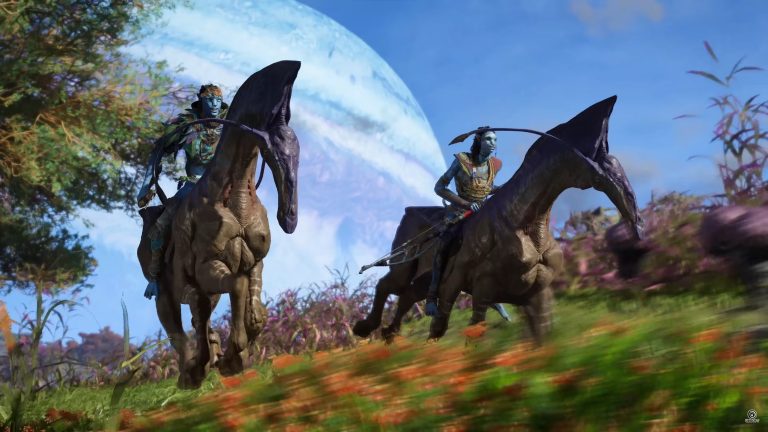Ubisoft has come under scrutiny recently for a policy that puts inactive accounts at risk of deletion, potentially wiping out a digital library full of popular franchises like Assassin’s Creed, Far Cry, and Rainbow Six.
If you’re like many Ubisoft customers, you might have signed up for a Ubisoft account to gain access to their games via the company’s proprietary digital games distribution platform, Ubisoft Connect (formerly Uplay). But did you know that inactivity could lead to the permanent closure of your account?
This surprising revelation came to light when a Twitter user known as PC_enjoyer posted a screenshot of an email sent from the customer service team over at Ubisoft announcing that their inactive account was temporarily suspended and would be permanently deleted in 30 days unless canceled. Initially, many thought it was a phishing scam, but the company’s verified support account confirmed its authenticity, advising users to avoid account closure by logging into their account within 30 days of receiving such an email.
Hey there. We just wanted to chime in that you can avoid the account closure by logging into your account within the 30 days (since receiving the email pictured) and selecting the Cancel Account Closure link contained in the email. We certainly do not want you to lose access to…
— Ubisoft Support (@UbisoftSupport) July 20, 2023
Ubisoft’s support page titled “Closure of inactive Ubisoft accounts” further underpins the company’s stance, stating, “We may close long-term inactive accounts to maintain our database.”
The process involves a 30-day suspension before permanent deletion, but how long an account has to remain inactive to lead to this remains unclear.
For many gamers, this policy feels unwelcoming and raises significant concerns about the already controversial concept of digital game ownership. After all, shouldn’t purchasing a game feel like actual ownership? This policy has become a source of “well-earned consumer angst” and points out the potential long-term repercussions of Ubisoft’s approach, such as inflating the ranks of games that become unplayable without a physical copy, piracy, or archive access.

There’s a notable debate about the specifics of Ubisoft’s policy, however. Some online voices argue this is a long-standing policy that applies only to accounts with zero purchases. However, if this policy applied to accounts with purchased games, it would lead to severe consequences.
Just imagine – you’ve spent years away from a game like The Division 2, only to return and find your account – and all your progress – obliterated due to inactivity.
Beyond the inactivity policy, Ubisoft has previously drawn criticism for discontinuing the online components of decade-old games, affecting the availability of their downloadable content (DLC), even on platforms like Steam. These additional issues have further fueled consumer frustration and mistrust.

So, what can you do in this digital gaming landscape where your account – and the library it holds – might be a timer away from deletion? Then again, is it too much of an ask to log in to your account once every six months? But, then again, on the other side of the argument, you can’t exactly pin the responsibility of maintaining accounts solely on the users. Thankfully, there’s little to no evidence showing that Ubisoft restricts access to accounts with paid content.
The argument for Ubisoft to ensure the preservation of games that users have already bought and loved over several years only holds ground when there’s proof that whatever the user is claiming is actually true.
Fortunately for Ubisoft, it appears that the French publisher, as much as they’ve courted controversy in recent years, is in the clear.

Still, it’s a good idea to keep your account active. Regularly log in and, who knows, you might even find a new game you’ll enjoy. After all, isn’t that what gaming should be about – the thrill of discovery and the joy of play?
Speaking of new games, Ubisoft is currently working on several projects, Assassin’s Creed: Mirage and Avatar: Frontiers of Pandora, which are coming out on October 12 and December 7, respectively.

